Chaos to Clarity.
August, 2010
I'm in my ophthalmologist’s office just off Park Avenue in Manhattan. My vision is blurry and littered with spots where I can't see anything. I am on a cocktail of medications to treat a life-threatening disease.
A year before, I left my job as a Vice President of Talent and Leadership for a global investment bank to focus solely on my health.
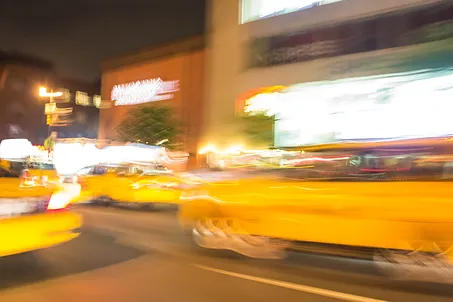
I'm in my ophthalmologist’s office just off Park Avenue in Manhattan. My vision is blurry and littered with spots where I can't see anything. I am on a cocktail of medications to treat a life-threatening disease.
A year earlier, I left my job as a Vice President of Talent and Leadership for a global investment bank to focus solely on my health.
The ophthalmologist projects an image of my retinas on the screen. They look like a pair of red planets with red rivers etched across the surface. Splattered here and there are what looks like little cotton balls.
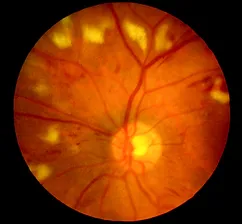
Blood vessels in the back of my eyes are rupturing, a side effect of the cocktail of medications.
“You stop treatment today,” the doc says, “or you will likely lose your eyesight … for good.”
“But this is my only hope for a cure,” I stammer.
My treating physician tells me I have reached the limits of Western medicine and suggests I "pray."
I fall into deep despair and return to old patterns of substance abuse. When substances no longer work, I crawl into bed, draw the blinds, and pull the covers over my head ...
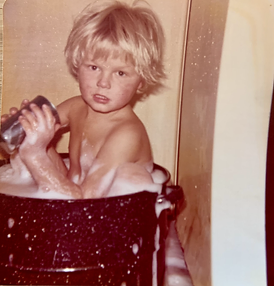
I grew up dirt poor in a wealthy Northern California town.
We lived in a horse barn my father converted into a home. When I tell people I was raised in a barn, I'm being literal. My folks were hippies and their friends were a colorful band of musicians, cowboys, actors, dropouts, ranchers and artists.
Music, art, theater, free love and community were ubiquitous. As were marijuana, mushrooms, LSD, alcohol and fist fights.
Alcohol was the worst. It left so many dead.
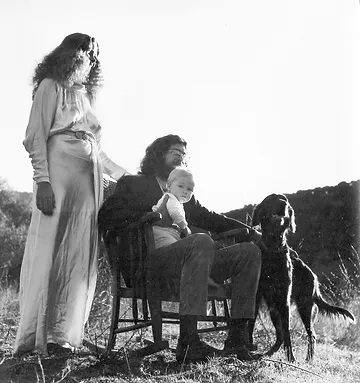
My parents separated when I was two. My father was an artist who gave away his art and talent because they came so easily to him. My mother became an ER nurse.
In the eleventh grade after shuffling from my mother’s and grandmother’s homes, I lived with my father in a pigeon coop. By then, dad was an angry, bitter drunk. No one was surprised when I dropped out of school and left town without a word. You could say I flew the coop.
That I had acquired a master’s degree and then grew a successful career on Wall Street was a source of pride, and I often felt I didn't measure up next to those
Masters of the Universe.
... Back in bed, and out of options, I slip deeper into despair.
I sleep most days, stop returning calls, and have
meals delivered. Life becomes small. My family worries. Some friends give up. I'm a mess.
Exhausted and brimming with self-pity and anger, I decide to cash it in.
I wake up the next day in the hospital. Staring down at the white hospital band around my wrist, I am
reminded of a surrender flag. "I surrender, I surrender," I repeat over and over to myself. I realize I didn't want to die, I just not longer wanted to be That Guy.
After leaving the hospital, I experience what I call a moment of clarity.
Suddenly the pain, frustration and despair that was so debilitating disappears. I see life so clearly. I realize the problems I thought were problems aren't the real problems at all; I'm the problem. I've been living for so long as if I were dying that I forgot that life is meant to be lived.
I decide, deep in my being, to go out and live whatever life I have left, no holds barred!
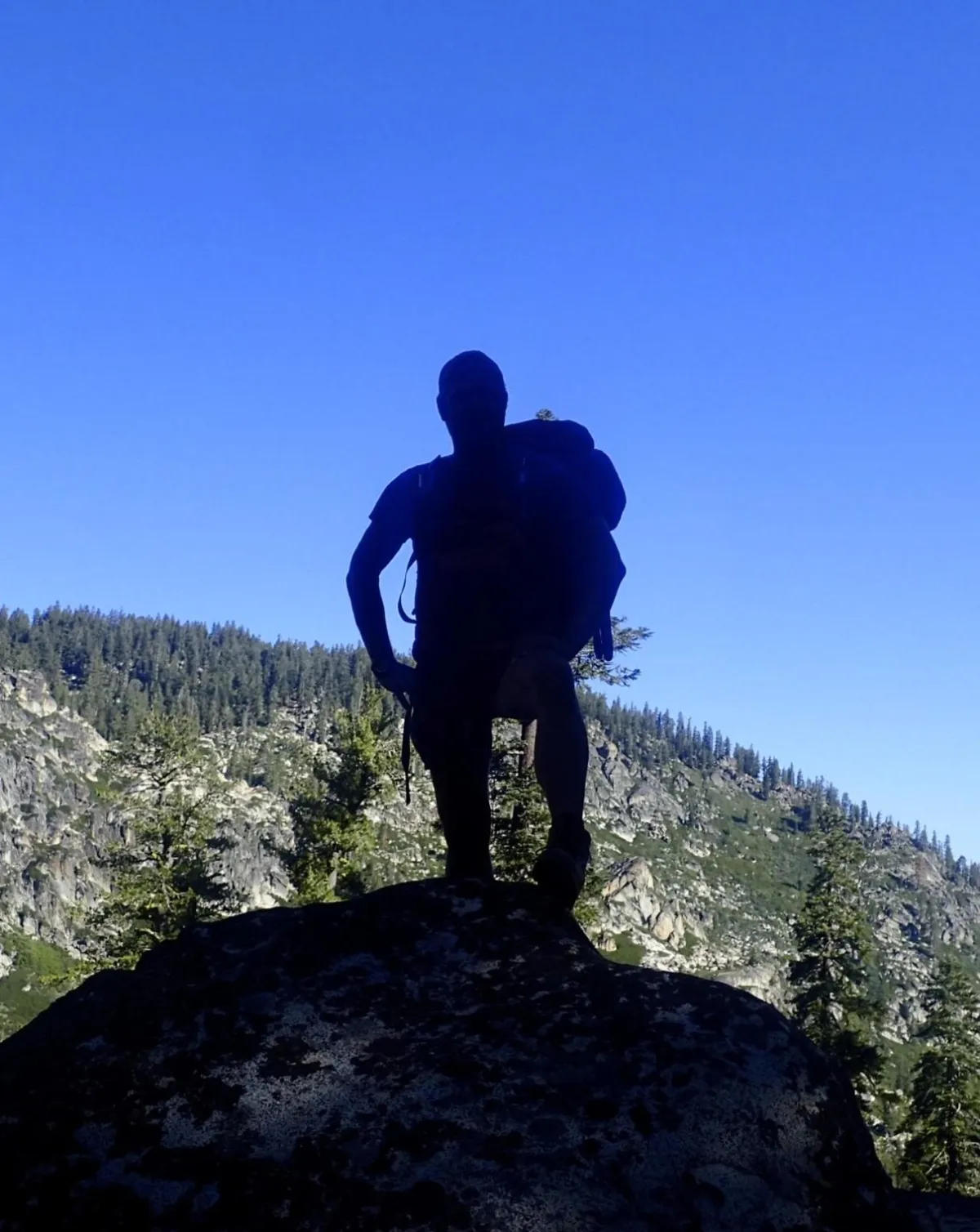
I spend the next six months road-tripping around the country.
I rediscover my joy of writing and photography and take up medicine drumming. I spend as much time as possible in nature, hiking, camping, meditating, screaming, praying, drumming, crying and pleading for answers.
Answers come on the winds, while sitting with trees and rocks, in the ripple of streams, in the movements of animals, in staring at the stars.
My mind clears and I feel more at home in my body. I experience love for headaches because they mean I am alive. I experience suffering as choice. I experience moments of joy even in the face of challenging feelings, situations and people. I fall back in love with life.
A clinical trial comes available and I find myself on an experimental drug that cures my most pressing health concern. With that I find a new health baseline.
My focus shifts from healing to optimizing.
Over the next six years, I spend most of my time and financial resources reclaiming life and optimizing health.
I sit with and learn from indigenous medicine carriers, plant medicine guides, storytellers, biohackers, energy healers, wise elders and others. I continue to deepen my relationship
with Nature.
I am initiated into a new reality. I become grateful for all of my past traumas and dramas; every moment rolling around in the muck made me who I am.
Today, I am called to give back, to share what I have learned, and to guide business leaders to lead their lives and businesses from a place of integration, health and vitality.
When you align with the energies of Nature anything is possible.
Professional Bio
Leif Meneke guides high performing business owners to reinvent their relationship with themselves so they can lead from a source of health, integration and vitality, and prepare their businesses for what's next.
His broad expertise is built on experience as an internal and external consultant for highly complex, global Fortune 500 organizations on and around Wall Street, where he was regardedas a thought leader in the areas of leadership development, human capital management and organization development.
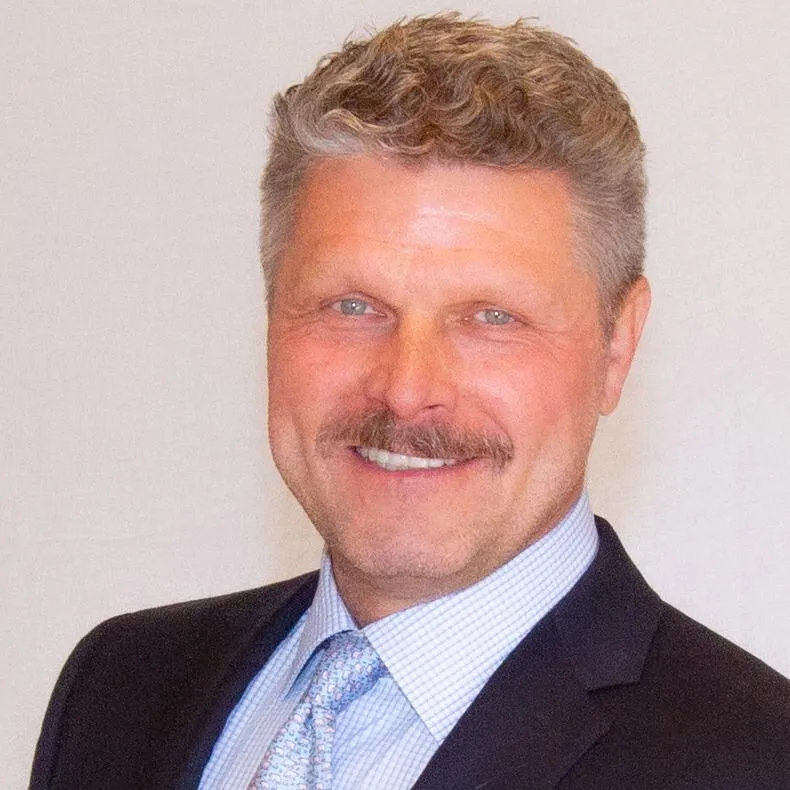
His current work plays at the intersection of leadership, performance, health and human optimization.Leif is an adventurer, a naturalist, and a seeker. He leads with curiosity, warmth, wisdom and an integrative approach that blends modern science with ancient indigenous wisdom traditions.Leif holds an MS in management, a post-master’s certificate in organization development and a BA in psychology.
He is a National Board Certified Health and Wellness Coach (NBC-HWC) and a Certified Integrative Health Coach (IHC) trained by Duke School of Integrative Medicine. Leif is also certified in Neuro Linguistic Programming (NLP) and Hypnotherapy.
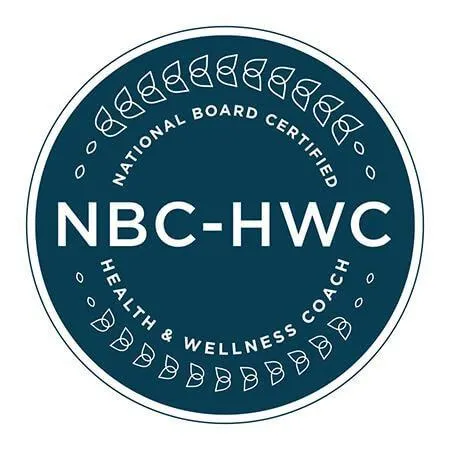

Leif worked in and consulted for leading organizations such as:







